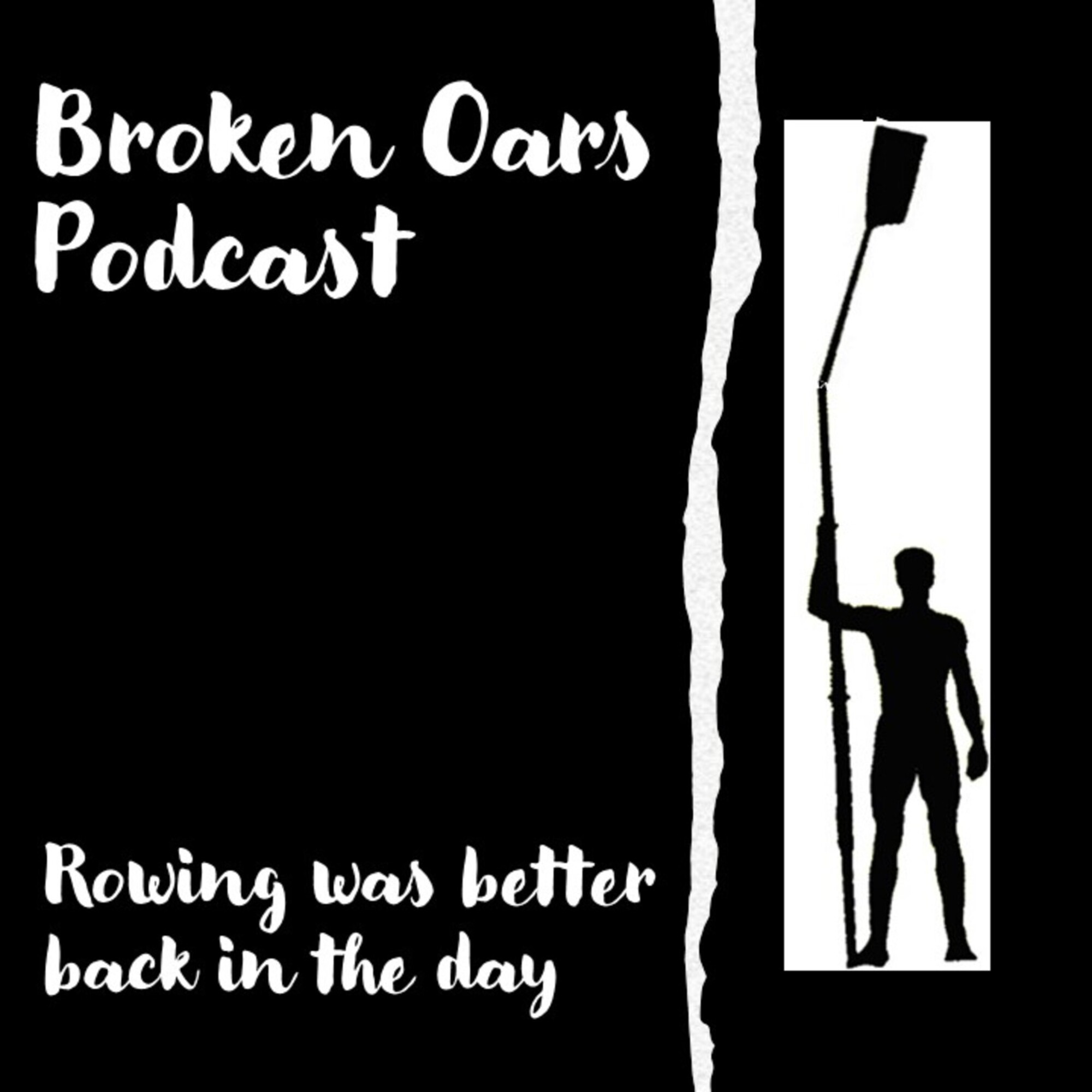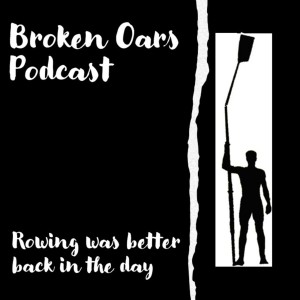
44.3K
Downloads
57
Episodes
Since its launch on 24th July 2020, Broken Oars Podcast has grown into the world’s best podcast about rowing, rowers and all things related to the art, practice and magic of moving a boat backwards down a river using an oar. Episode by episode, your genial hosts Dr. Lewin Hynes (the Southern One) and Dr. Aaron Jackson (the Northern One) have been joined for in-depth and revealing conversations with Olympic and world champions, elite coaches, world-leading sports scientists, journalists and commentators, and rowers from all backgrounds and walks of life - creating a treasure trove of insight, information, commentary and perspectives on the greatest sport ever invented. Enjoyed this episode? Buy us a coffee, download a training plan, and support us so we can carry on making Broken Oars Podcast, the best rowing podcast in the world. https://www.buymeacoffee.com/brokenoarsd. Thank You! Follow us on Twitter: www.twitter.com/brokenoarspodc1 Follow us on Instagram: www.instagram.com/thelandingstage/ www.instagram.com/brokenoarsindoors/ Read more Broken Oars: www.thelandingstage.net
Episodes

Friday Oct 28, 2022
Broken Oars Technique Clinic: An Alien’s Guide to Rowing Well - Part Three
Friday Oct 28, 2022
Friday Oct 28, 2022
Your Northern correspondent returns with the third and final chapter (and last word on rowing technique and rowing well). What some are calling a work of timeless genius, others are calling how you move a boat and yet more are calling what happens when you let a Northerner on the mic without the calming presence of a Southern Overlord, this is the third instalment of the original two-part series.
Another writer might have titled it 'Concerning Rowing and Rowers ...' but Tolkien was never much cop on the water and had a crap 2k score, so let's only refer to Tollers when we have a question about Beowulf or Asterisk Realities in Philology.
So, never, then ...
This final episode kicks off with a mea culpa. Having played the cheerful and moronic Northern One to Pip's scientific genius, your correspondent has finally grown a set. No-one knows a set of what, but they're currently being biopsied and we're hoping for something edible. However, in Part Two, I said something to the effect that it doesn't matter what you do in a boat the most important thing is that you do it together.
Now, that episode was posted in summer, and I've been considering that statement since. And now I'm rowing back from it (see what I did there?) - because ...
It's just plain wrong.
Here's the thing: it doesn't matter how together you are if you're learning or reinforcing bad habits. That's point one. Point two is that after saying there is room in rowing for different stylistic approaches, I was wrong. There isn't. There's only one way to row a blade (and thus a boat) and that way is hard, skilfully and with reference to the actual physics and mechanics involved.
As I've been saying all along.
The point is that if that's the case, the technical approaches we take and language we use is all about getting us back to the point where we move the boat well.
And that's where this episode comes in. Rowing is a feel sport. We all know what it feels like to move a boat well, either for one stroke, or ten, or one hundred, or one outing, or race, or training block.
The technical calls and drills and language only exist to prompt us to make changes and develop the skills that get us consistently back to that feeling.
So, with that in mind, we go back to the importance of clarifying technical calls and drills to identify what they mean and what they are supposed to do rather than playing coaching and crew mood music.
Talking about the importance of precise language and understandings in a feel sport; we move onto boat physics; why talking to your boatman is vital (Hullo Duncan ...); set up; first principles; only changing one thing at a time; giving those changes time to work through; arcs and angles; and then we look at some of the fads and fashions that have come and gone in rowing ... and why mileage, ultimately, makes champions:
It isn't because it makes you fit enough to row well (although it helps). It's because mileage allows us to identify the feeling of moving the boat well, learn it, remember it, chase it, and become more and more efficient at doing it.
If you listen to these three episodes, and then do the work, you'll never, ever have to watch another Youtube video again promising to make you a better rower; and you'll be able to call bs when your coach is talking bollocks.
Always a win in our book ...
Get some!

No comments yet. Be the first to say something!